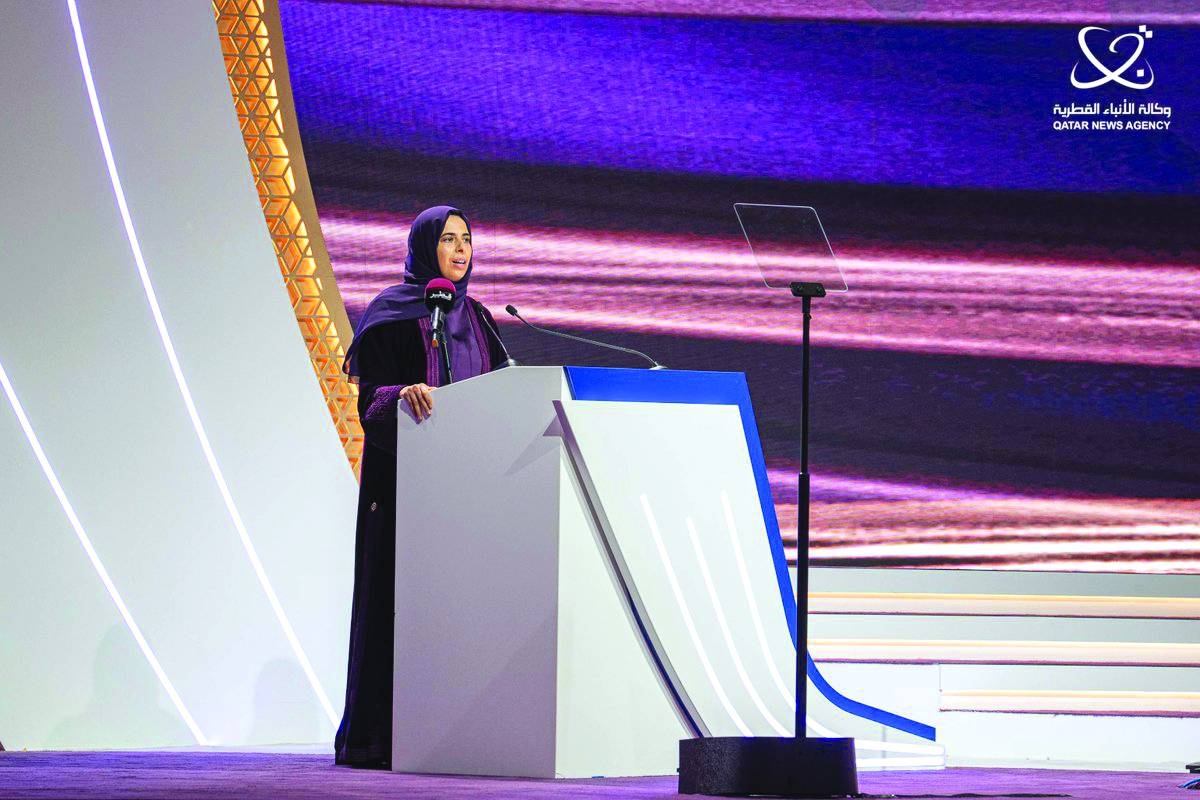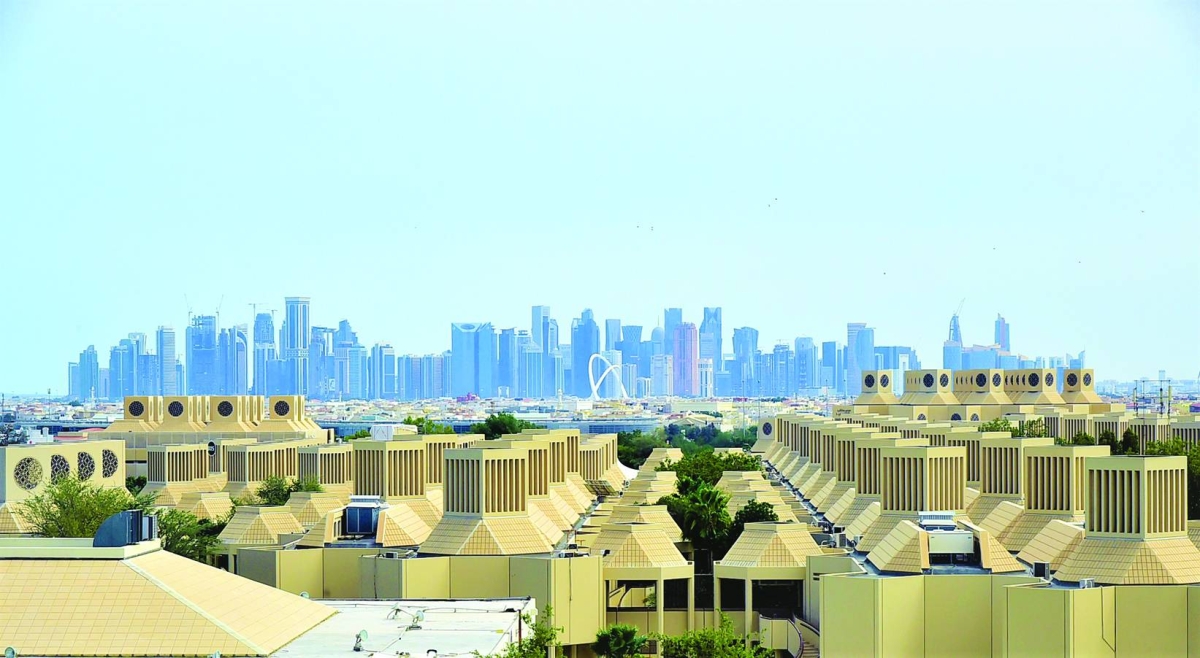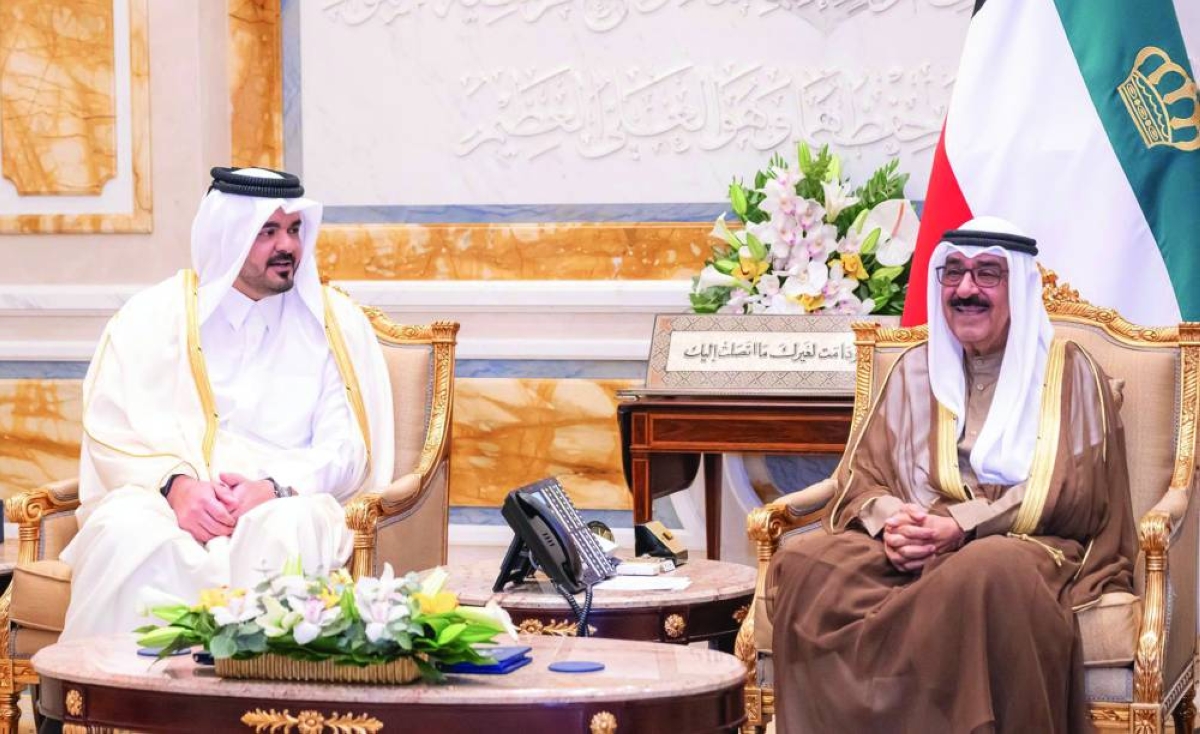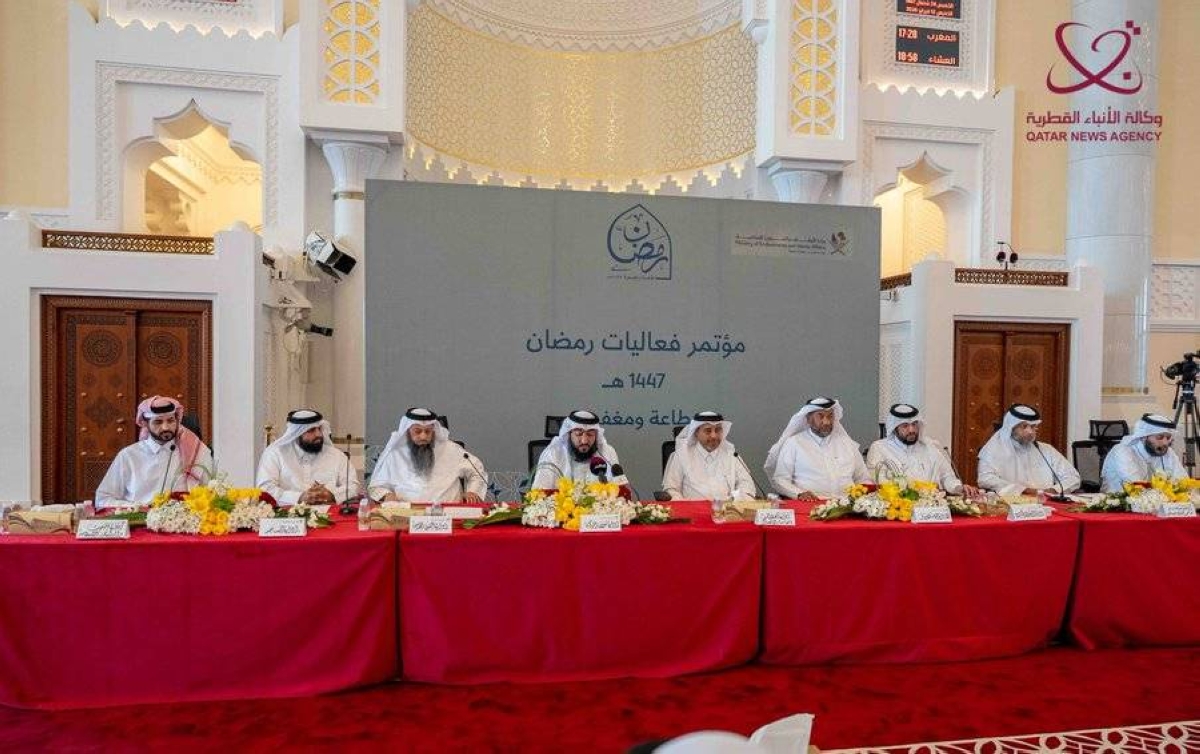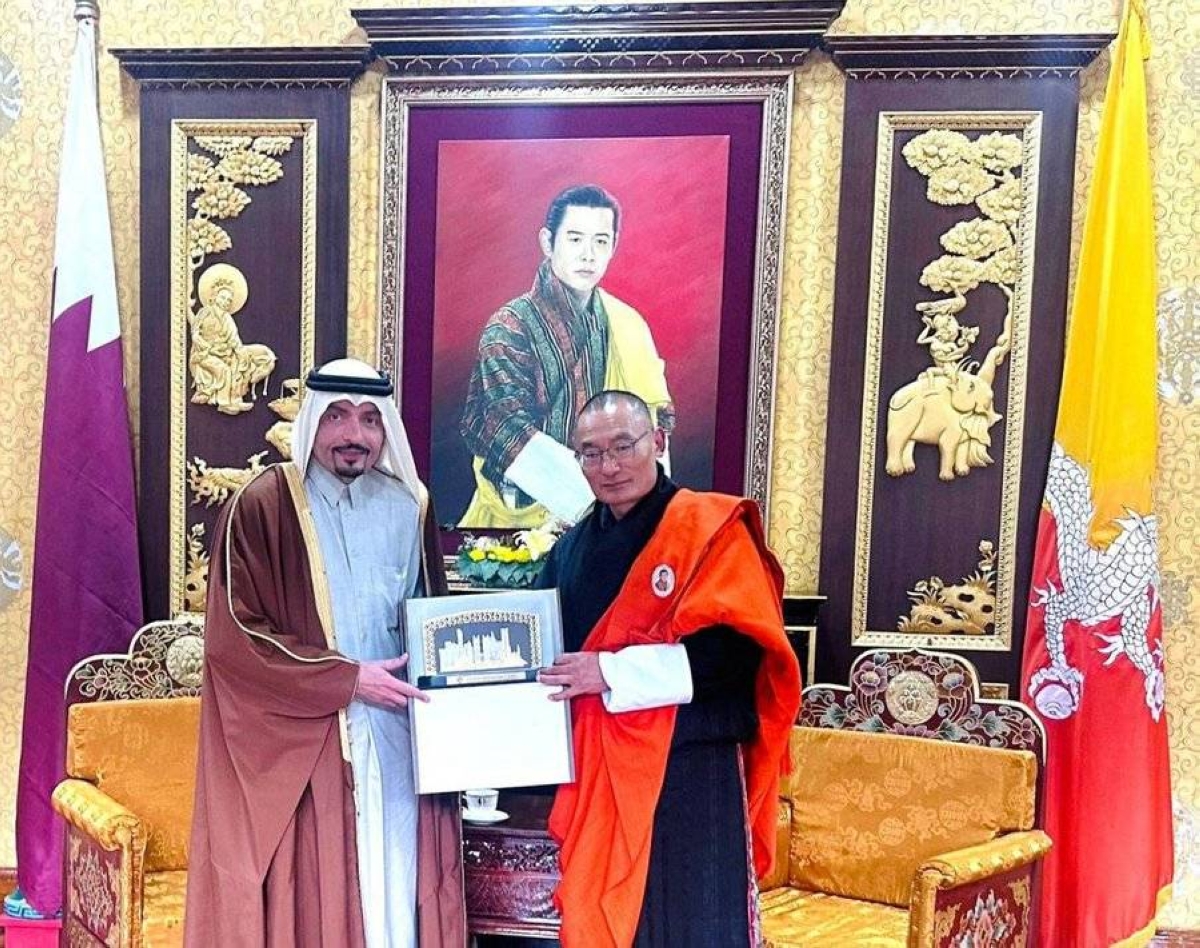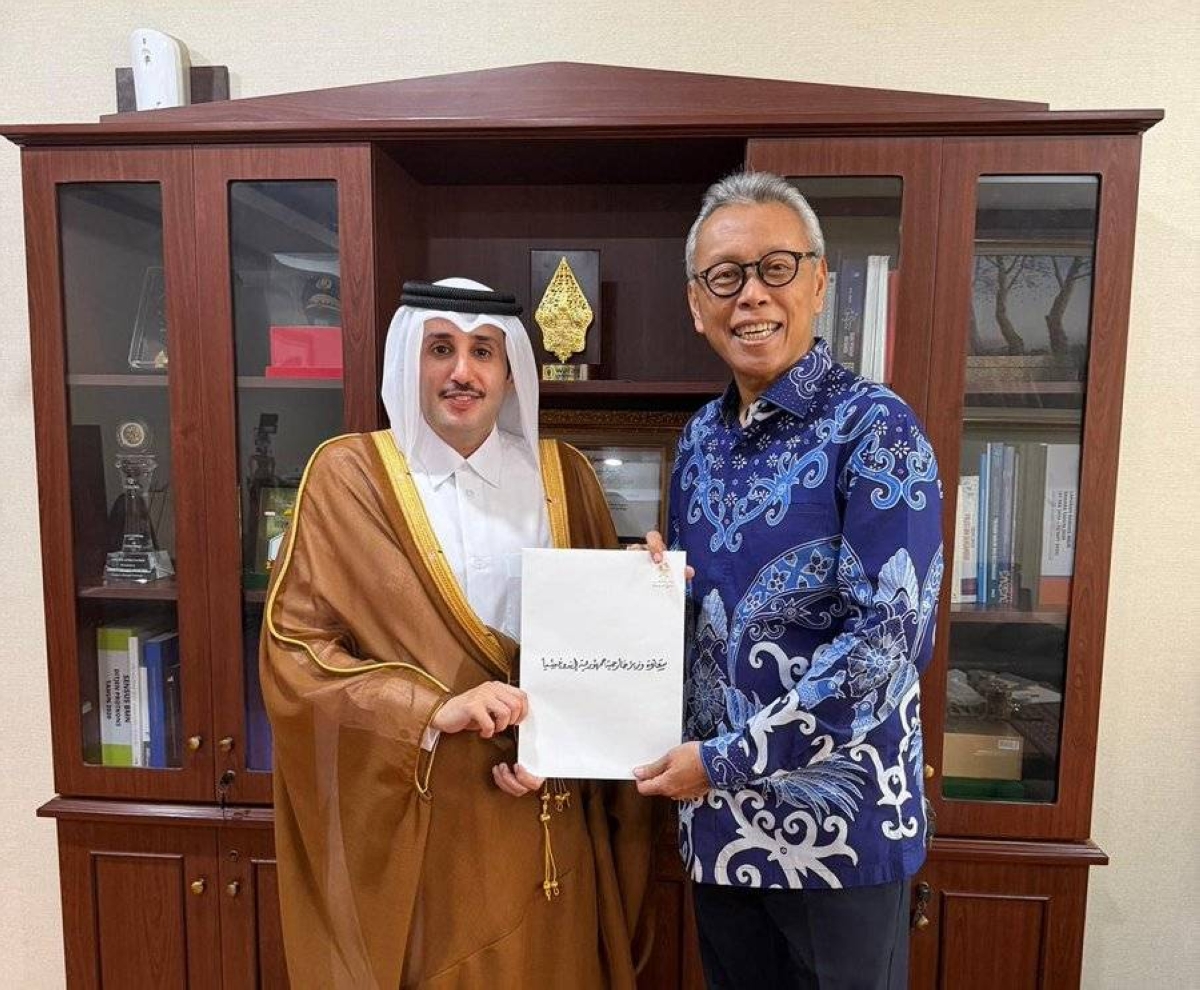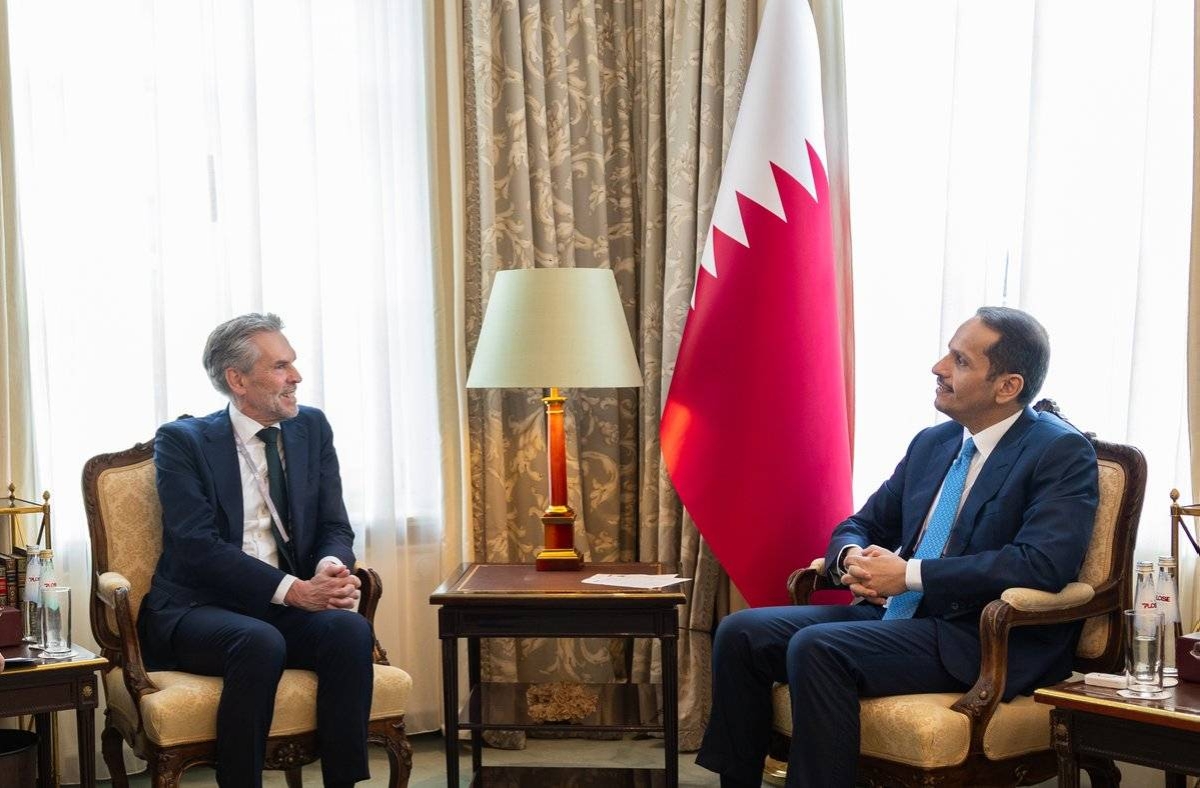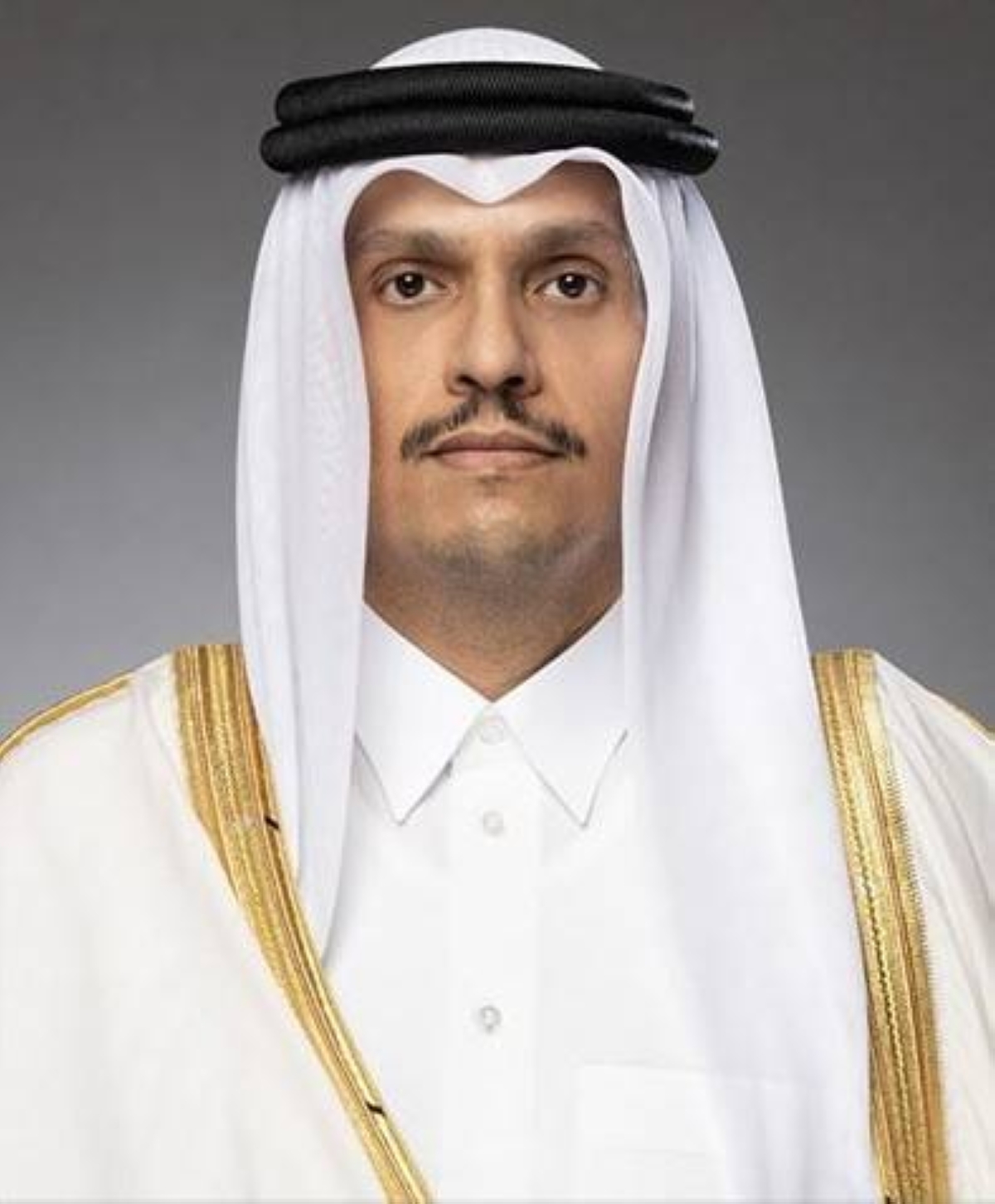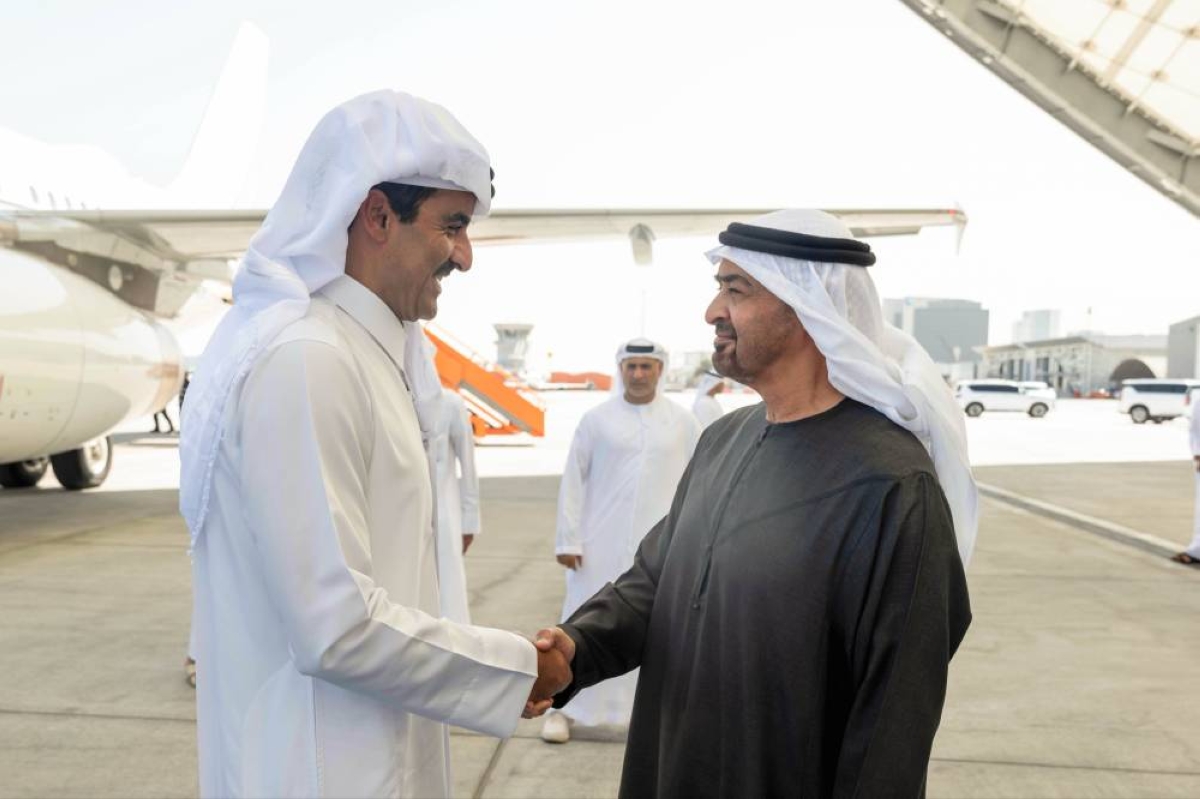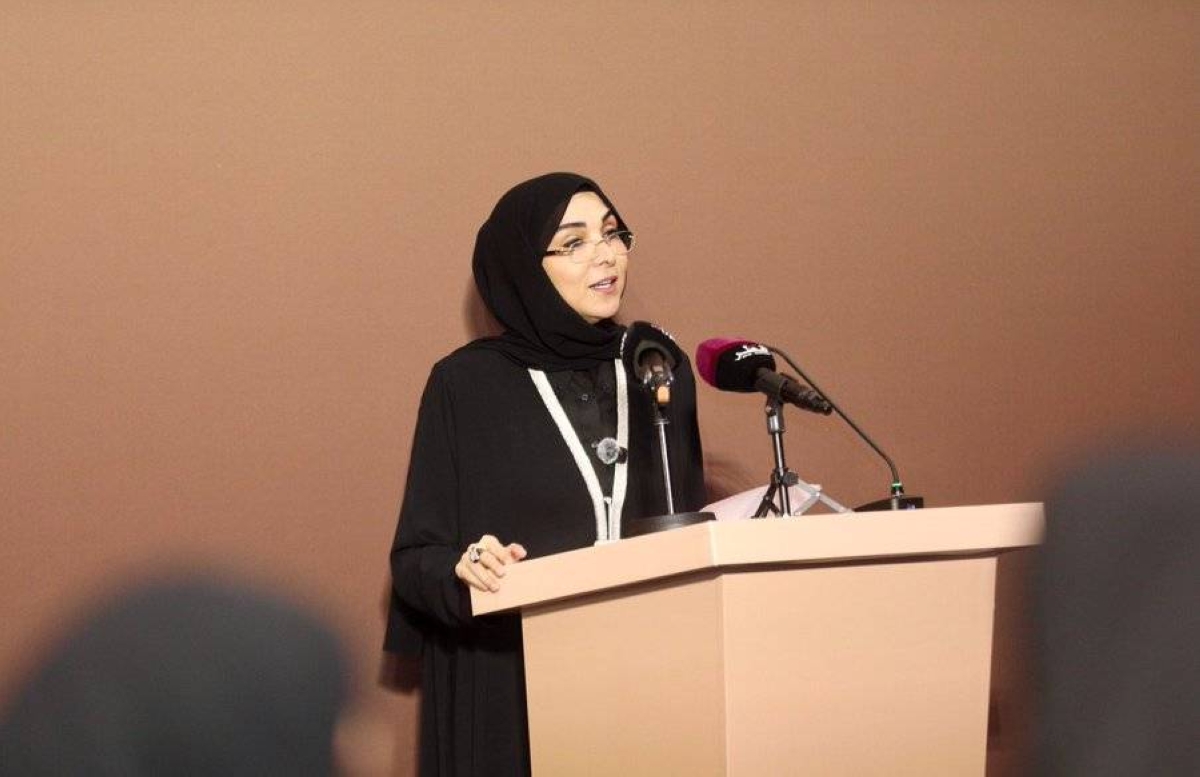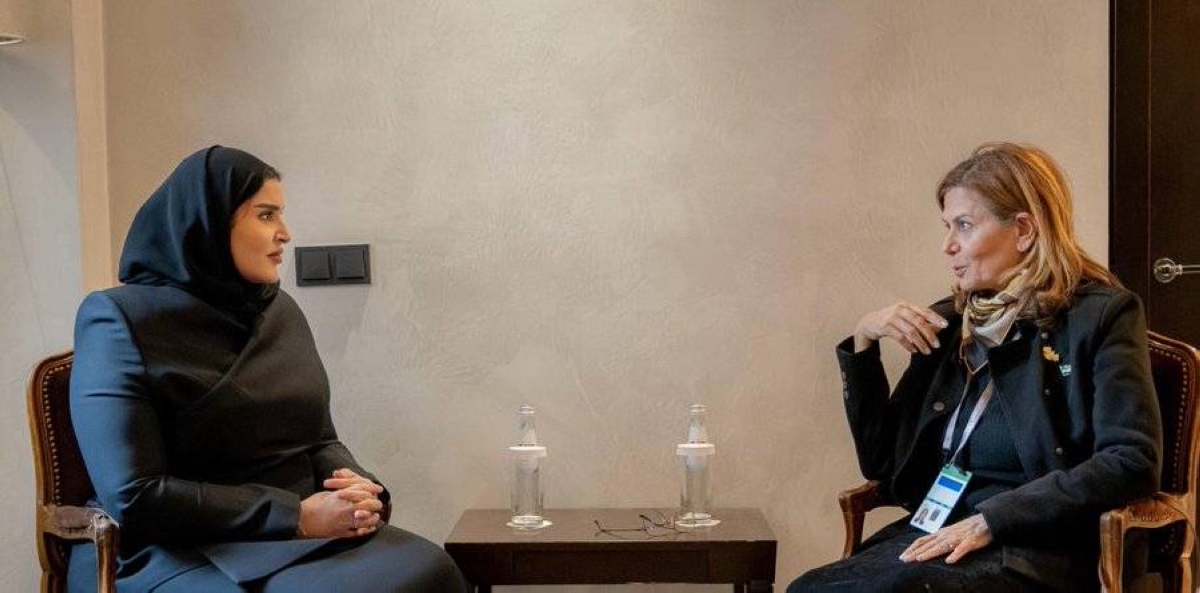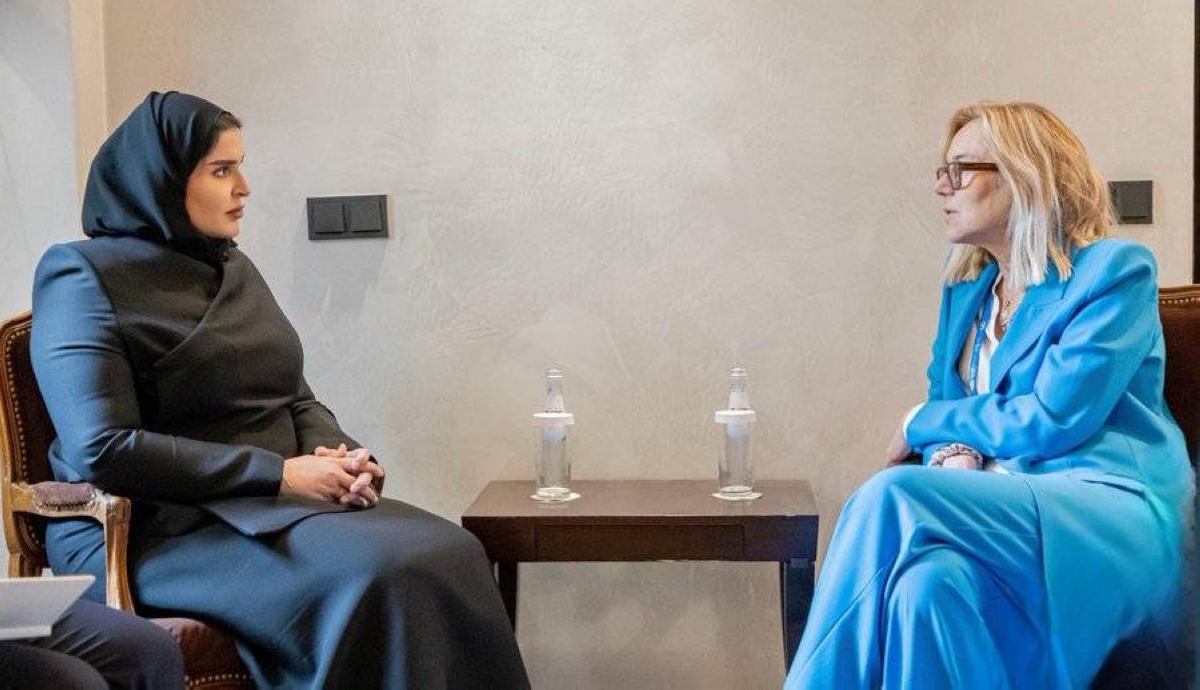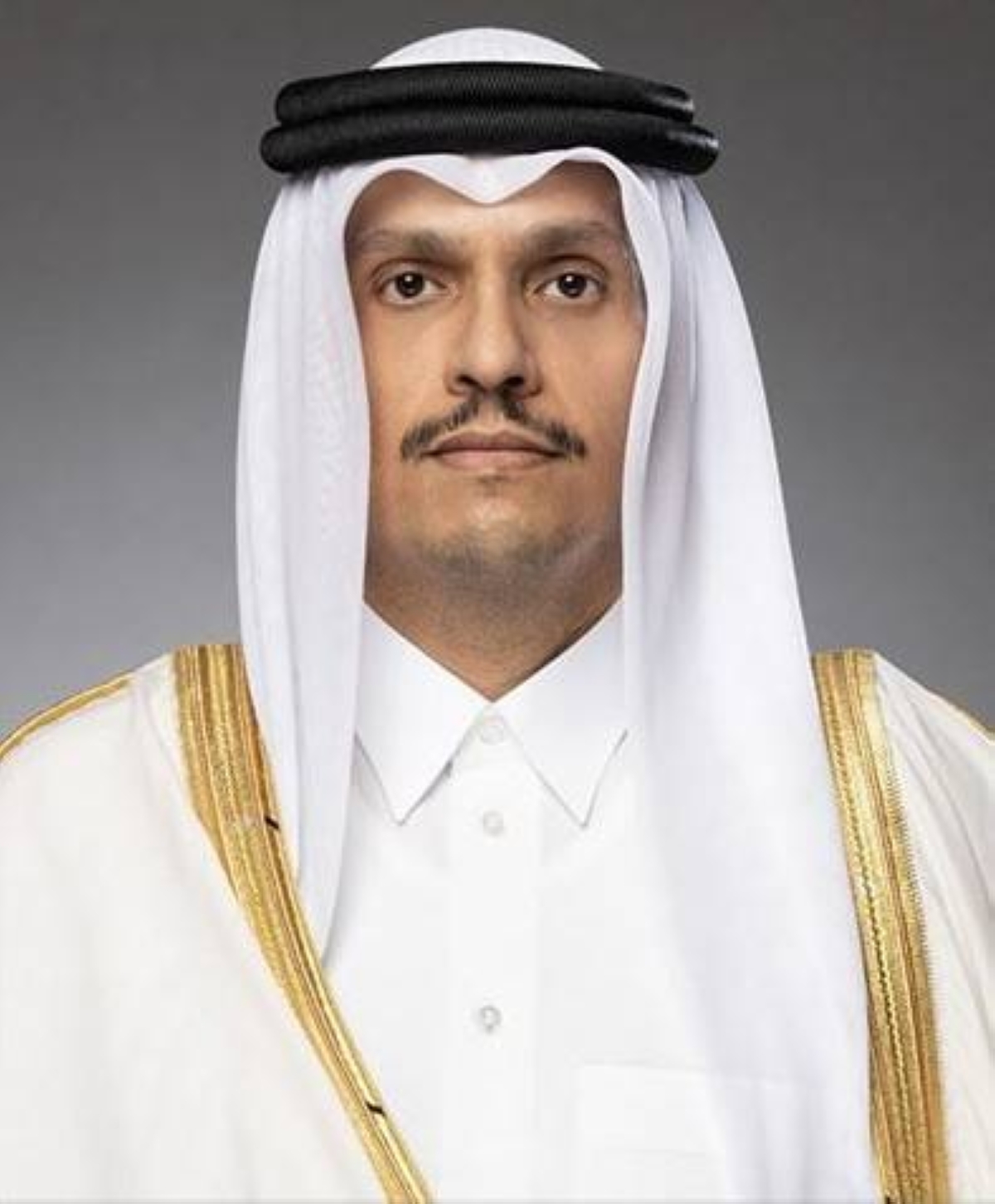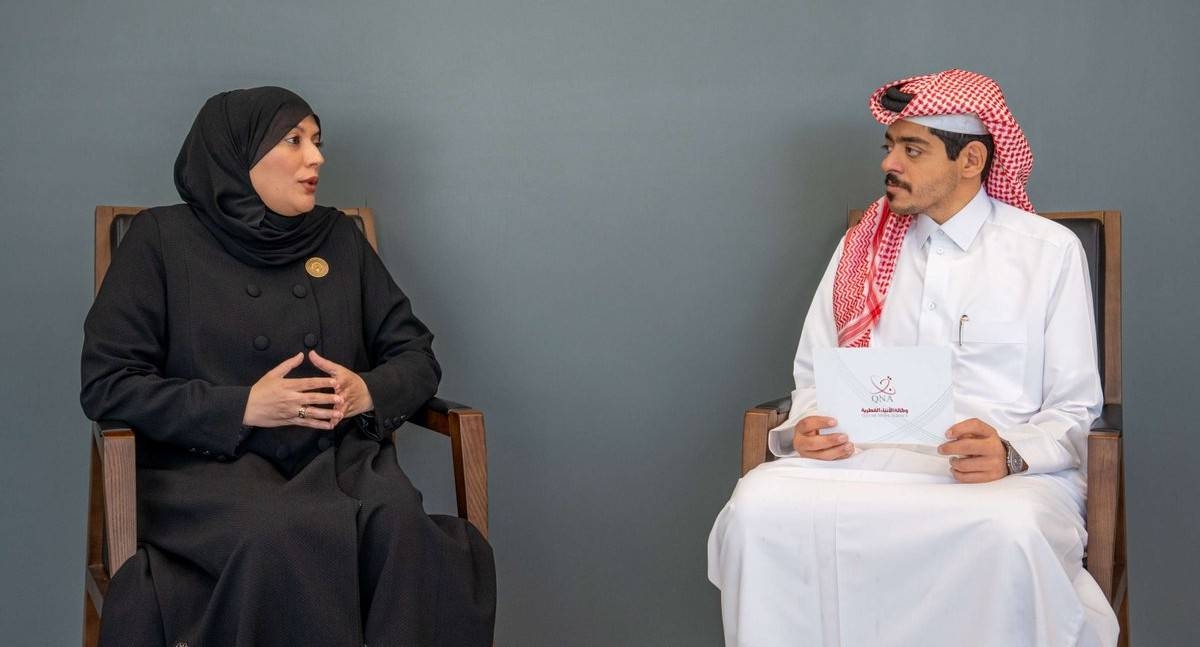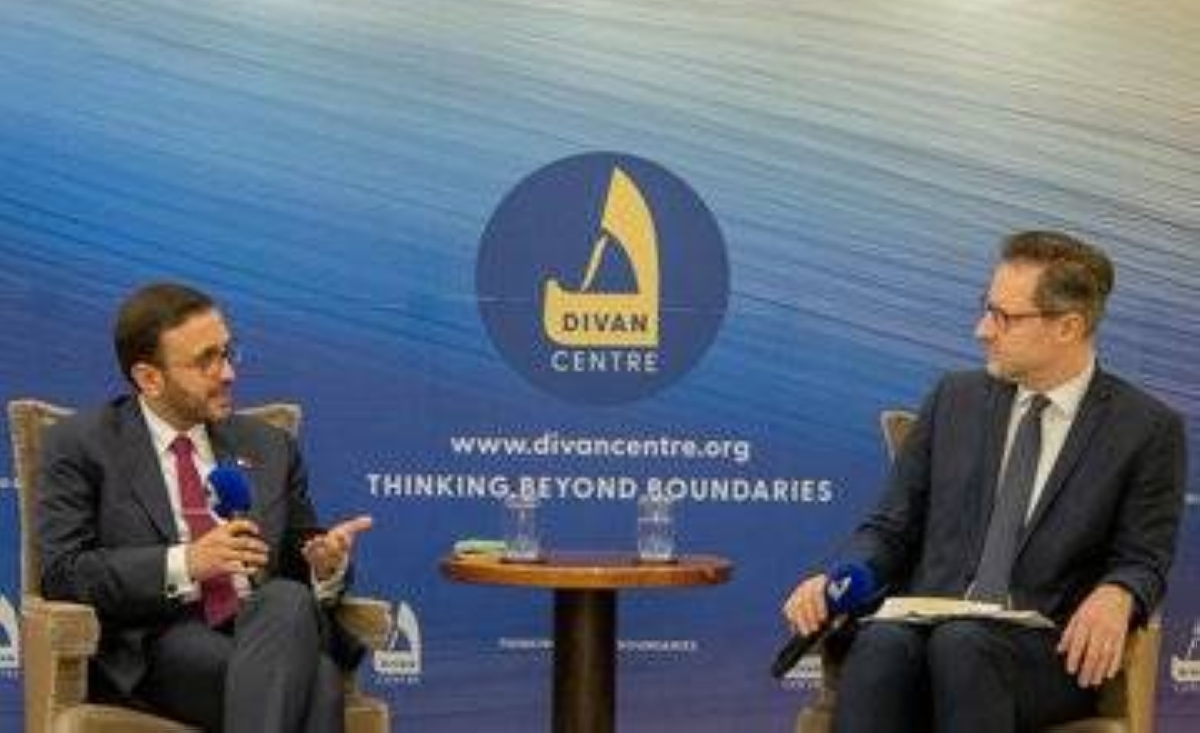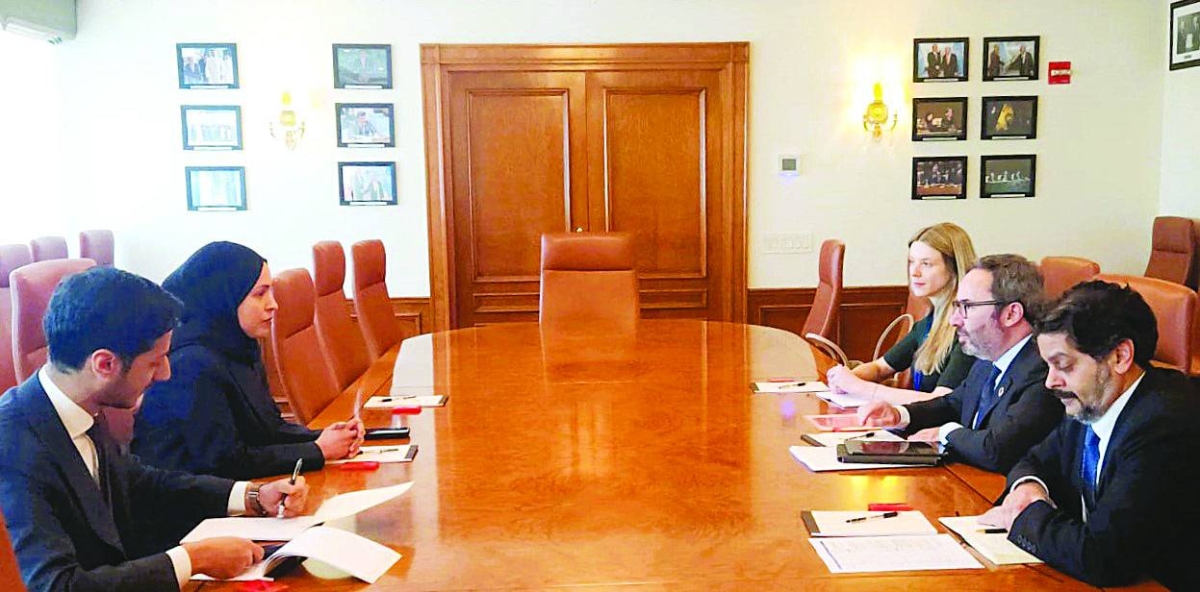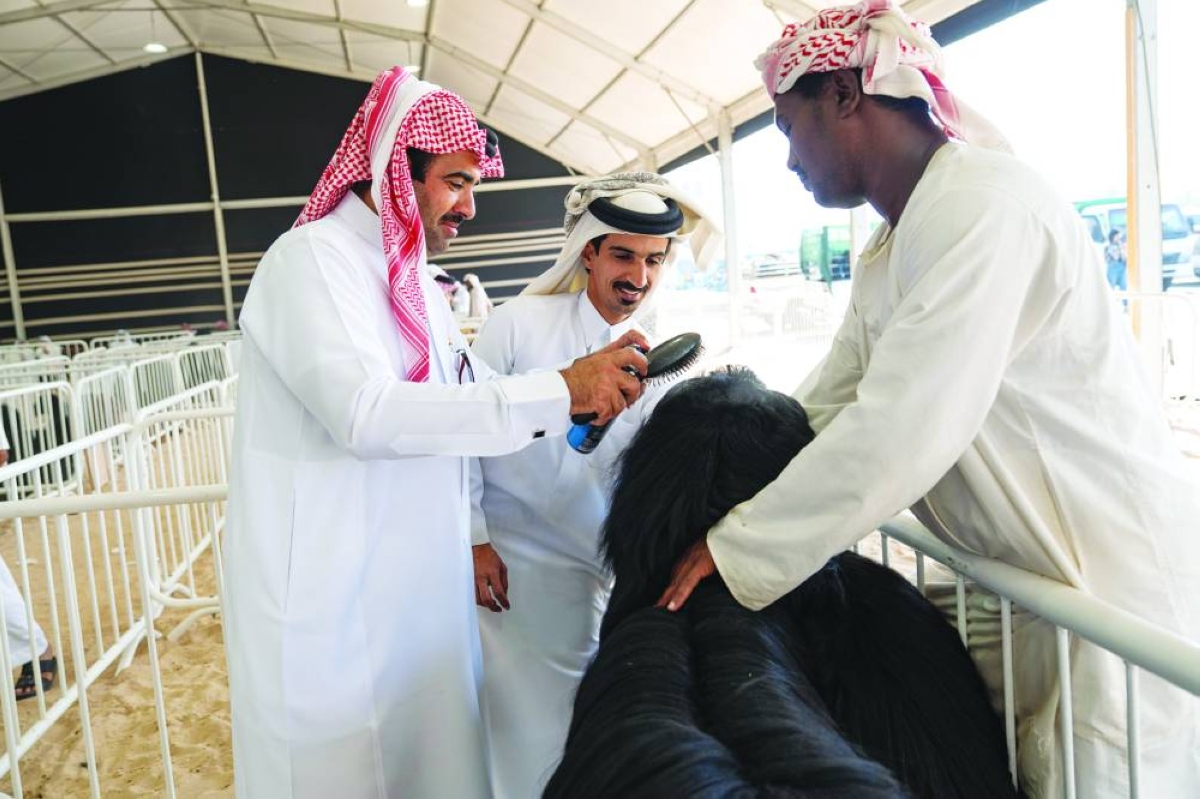Her Excellency the Minister of Education and Higher Education Lolwah bint Rashid al-Khater has affirmed that the Qatar Education Excellence Award 2026 (QEEA 2026) carries special significance, with the number of winners from both genders reaching 108 – the most significant figure since the award's inception in 2006.HE al-Khater noted that the value of the financial accolades has been increased, alongside preparations to further advance the award in the future by introducing new categories – Educational Leader, Diploma, and Educational Research – in a move aimed at strengthening the education ecosystem, institutional readiness, capacity building, and knowledge sustainability.Addressing the honouring ceremony for the 19th QEEA 2026, the minister emphasised her profound gratitude to His Highness the Amir Sheikh Tamim bin Hamad al-Thani for graciously patronising this award.HE al-Khater pointed out that, over its 19 editions, His Highness the Amir has been committed to making the award a national platform to honour those who stand out and innovate, as well as a tangible embodiment of the principle that education and human development are national priorities upon which policies are built, and the nation's future is charted.She congratulated the honorees, noting that their excellence is achieved by dint of constant effort, a cumulative pathway, and an environment that fosters ambition and commitment.HE al-Khater stressed that this honouring represents a renewed responsibility to continue pursuing the path of excellence.She explained that, as part of the nation's development-oriented approach – grounded in clarity of vision and enhanced competitiveness – education has been treated as a central pillar in building national strength and shaping the future.The minister noted that the Ministry of Education and Higher Education (MoEHE), in collaboration with state institutions and partners, has continued an institutional development pathway that builds on achieved accomplishments while preparing for the future, with the aim of equipping a generation with the skills needed for effective participation in national development.HE al-Khater added that the MoEHE’s focus over the past year centred on building a high-quality, equitable education system that strengthens learning outcomes and national identity.She highlighted the launch of the Supervisory Committee for the National Curriculum Review and Development Project as a strategic initiative to align learning outcomes with future skills and labour market requirements while preserving cultural and linguistic specificity.In addition, the Foundational Committee for the Development and Enhancement of Quranic and Arabic Language Education was launched, conducting field surveys involving 3,262 students, 4,160 parents, and 1,303 teachers to diagnose actual needs.The minister noted that foundational programmes in Qur'an education and Arabic language skills have already benefited more than 300 students.HE al-Khater announced that, following the month of Ramadan, the MoEHE will implement the first phase of the "Qur'an Teacher" initiative in 15 schools as a pilot, paving the way for its gradual rollout in partnership with the Ministry of Endowments (Awqaf) and Islamic Affairs.Regarding character building and values-based education, the minister said that the Bunyan Student Centre attracted more than 2,000 students over two months, while the digital "Athar" platform recorded more than 13mn views.This coincided with the launch of the "Rasikh" initiative in partnership with Qatar Foundation (QF) to strengthen national identity within international curricula in private schools.HE al-Khater said that the MoEHE has revitalised the scouting movement and actively participated in the 18th School Olympic Programme, involving 25,000 students from 502 schools, with the aim of achieving even broader participation in the next edition.She emphasised the ministry's special focus on inclusive education, including the development of a comprehensive system for students with disabilities, the opening of Warif Academy and Al-Jiwan Kindergarten for Early Intervention, as well as expanding Al Hidaya Special Needs Schools and Preschools to reach seven schools and two preschools, with plans to add four more schools.HE al-Khater also highlighted the implementation of an educational voucher programme for students with disabilities in accordance with the Disability Rights Law of 2025, benefiting 818 students, and the launch of a private-school social responsibility initiative providing over 7,000 free or subsidised learning seats, with an estimated value of QR2bn over 10 years.In the field of science and innovation, the minister stated that eight innovation incubators have been launched and 110 digital innovation clubs activated, benefiting 12,840 students.HE al-Khater noted the pilot implementation of the Smart Teacher Smart Class (STSC) project in three schools and the development of the "HUDURY" application to monitor student attendance on school buses, with plans to implement a biometric attendance system nationwide by next September.She further highlighted the career and technical education system, which currently serves 1,800 students, with ongoing efforts to expand STEM (science, technology, engineering and mathematics)-focused schools by adding four new schools, establishing a religious studies institute for girls, and preparing to launch two government schools meeting International Baccalaureate (IB) standards next year on a pilot basis.HE al-Khater affirmed the continuation of the National School Facilities Development Programme in partnership with the private sector, with eight new schools operational in the first phase and 14 schools opening in the second phase, alongside the completion of a 10-year school construction plan in collaboration with the Ministry of Municipality and the Public Works Authority (Ashghal).Regarding higher education, the minister emphasised that Qatar's system includes 27 institutions and has experienced significant growth: private institutions increased by 82% since 2016, while public university enrollment rose by 167.59% over the past decade.She also noted that students from 145 countries now represent 42% of the total student population.Finally, she urged higher education institutions to engage with the national academic accreditation framework, noting that the system had been recognised with an innovation and research quality award from the International Network for Quality Assurance Agencies in Higher Education (INQAAHE).Concluding her remarks, HE al-Khater revealed that male enrolment in the "Tomouh" scholarship programme at the College of Education increased by more than 236%, noting that 268,232 individuals have benefited from educational and training centres, with national quality standards established for these centres.Additionally, remedial and supplementary instruction has been organised through the issuance of teacher identification cards, benefiting 234 educators.Student Fatima Saad a- Mohannadi, the Platinum Medalist in the Distinguished Secondary Student category, delivered a speech on behalf of her peers who won across various categories.She emphasised that this recognition reflects a national vision grounded in human development, investing in human capital, and establishing excellence as a comprehensive pathway across all stages of education, culminating in research and innovation.Al-Mohannadi further highlighted that the achievement mirrors a robust educational environment and a national system that places knowledge as a supreme value and positions creativity as a strategic objective.She affirmed that excellence is not a transient milestone but an ethical responsibility toward the nation and society-a trust requiring the deployment of knowledge to advance the nation's development pathway.Al-Mohannadi extended her sincerest thanks and appreciation to His Highness the Amir for his constant support and patronage of the path of education and excellence, applauding the leadership's belief that investment in humans is the core pillar of building a prosperous future.She renewed the winners' commitment to ensuring that the knowledge they wield serves as a tool for sustainable development and that the excellence they have earned is transformed into an effective contribution to achieving the nation's aspirations and future vision.
Tuesday, February 17, 2026
|
Daily Newspaper published by GPPC Doha, Qatar.

